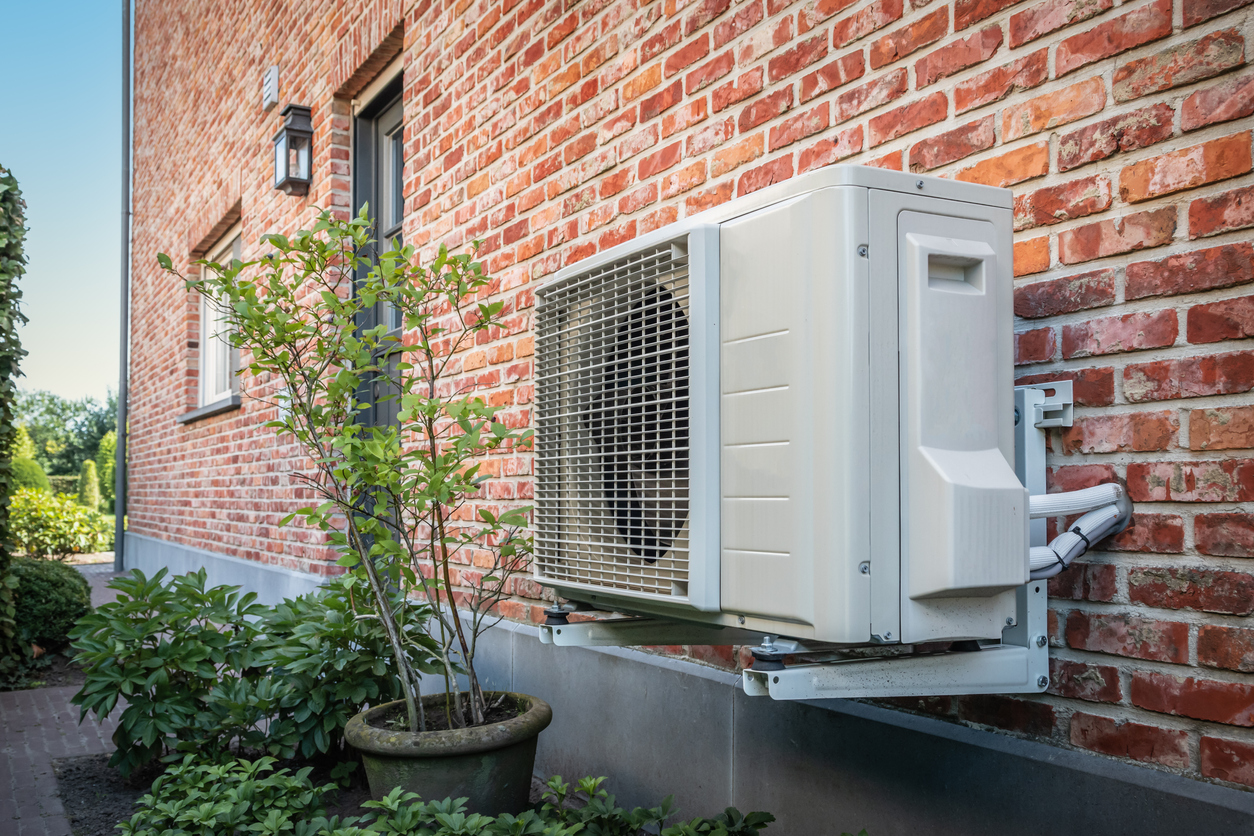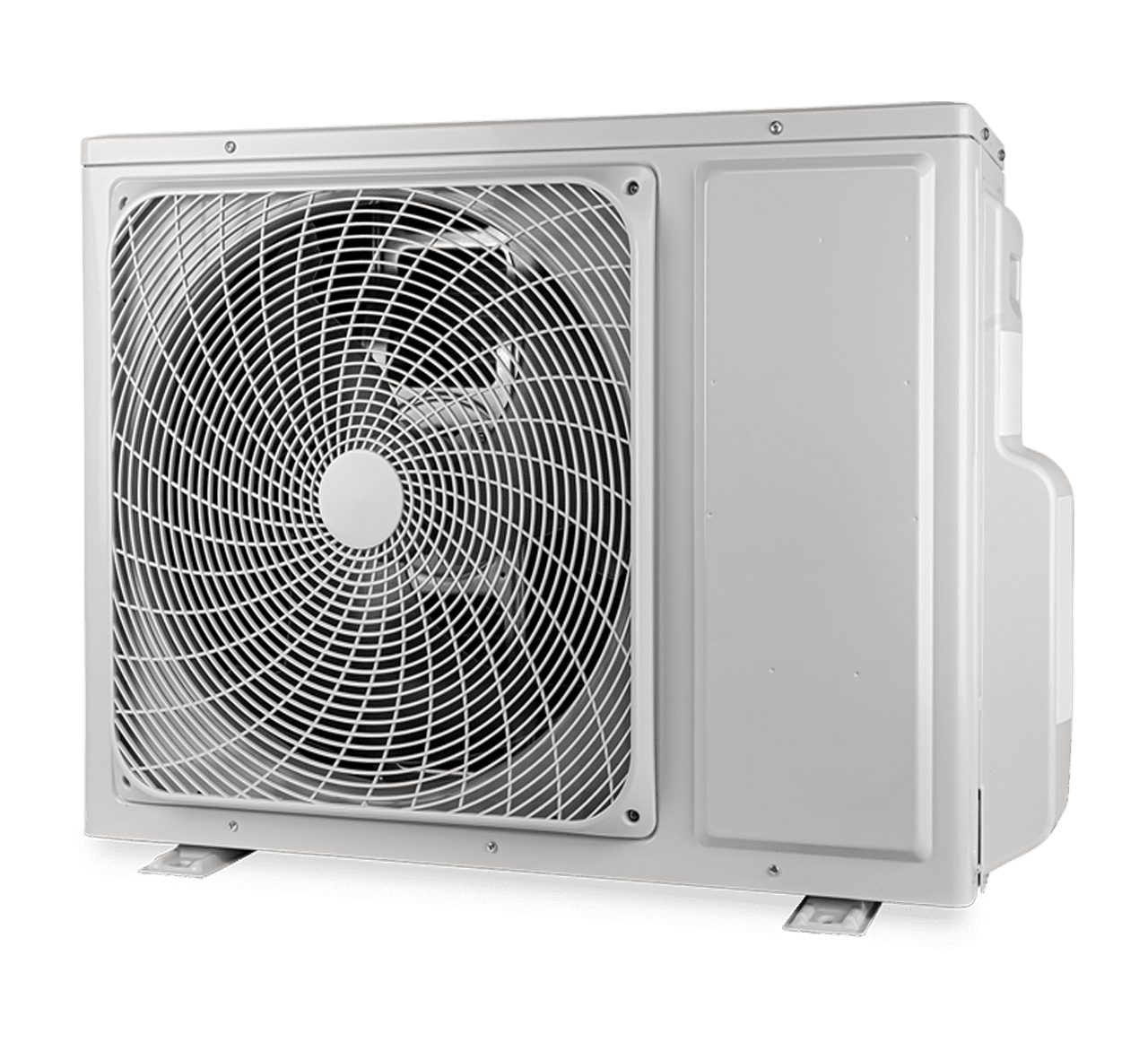What Is A Heat Pump And How Does It Work

What Is A Heat Pump And How Does It Work
Are you fed up with high energy payments and searching for a more energy-efficient way to heat and cool your residence? Take a look at air-source heat pumps! These unique systems are gaining prominence due to their capacity to offer both warmth in the winter and coolness in the summer while remaining energy-efficient and environmentally friendly. If you’re wondering how these heat pumps operate and why they’re becoming a popular choice for home comfort, you’ve come to the right place!
In this post, the team at Moore and Russell Heating and Air Conditioning is delving into the world of air-source heat pumps, investigating their inner workings, benefits, and why they could be the ideal fit for your home. Therefore, if you’re still wondering whether taking the next step to install a heat pump may be suitable for you and your family, keep reading for more information!
What are the disadvantages of a heat pump in Canada?
While heat pumps have their advantages in Canada, there are a few points or possible drawbacks to keep in mind. Here are a few things to think about:
· Heat pumps may be less efficient in frigid temperatures and may require an additional heating system to sustain a desired interior temperature.
· Heat pumps typically have higher upfront costs than traditional heating systems such as furnaces or boilers.
Regardless of these potential drawbacks, many Canadian homeowners consider heat pumps to be an affordable and sustainable heating solution. To figure out if a heat pump system is the right choice for your residence, you should first assess your specific climate conditions, heating needs, and budget for this type of home improvement project.
How do heat pumps work in winter?
Heat pumps work in the winter by transferring heat energy from the outside air into your home. This is achieved through the use of a refrigeration cycle. Here’s a quick breakdown of how this process works:
Even in cold weather, the heat pump’s outdoor unit absorbs heat from the outside air. This is accomplished via an evaporator coil. This heat energy converts a special fluid known as refrigerant into a gas. The compressor then compresses the gas, increasing its temperature. The hot gas is routed to the heat pump’s indoor unit. It passes through a condenser coil inside, releasing heat into the indoor air. Meanwhile, a fan circulates warm air throughout your residence.
The now-cooled refrigerant reverts to a liquid state and returns to the outdoor unit to restart the cycle. The heat pump keeps your home warm by transferring heat from the exterior air to the inside, even when it’s cold outside.
At what temperature is a heat pump useless?
Heat pumps have been created to function efficiently in a wide range of conditions, but performance differs depending on the model of the heat pump and the temperature outside. Heat pumps are generally efficient and effective in moderate to mild climates. However, as the outside temperature drops, so does the efficiency of a heat pump.
The precise temperature at which a heat pump loses efficiency is determined by factors such as the model, size, and particular construction of the heat pump. The “balance point” or “cutoff point” temperature is a common reference point. This is the level of warmth outside when the heat pump will no longer obtain enough heat energy from the environment to meet a home’s heating demand.
The balance point for air-source heat pumps, which are the most common type, is typically around -15 degrees Celsius. Below this point, the heat pump can have trouble delivering adequate heat output, and additional heating sources, such as a gas furnace, may be required to meet the home’s heating needs.
With that being said, because temperatures throughout the lower mainland rarely fall below -10 degrees throughout the winter, heat pumps can be a great option as your home’s energy efficiency will not diminish. That way, you can sufficiently heat your home without increasing your monthly energy costs.
What are the benefits of heat pumps?
Heat pumps have numerous advantages, particularly for residential use. One of the most significant benefits is their energy efficiency. Heat pumps, unlike standard heating and cooling systems such as furnaces or air conditioners, are incapable of producing heat; instead, they simply move it from one location to another. As a result, they utilize less energy, which can result in substantial savings on your utility bills.
Another advantage of heat pumps is their adaptability. They are capable of providing heating as well as cooling, removing the necessity for distinct units. A heat pump is able to cool your home during the summer, and when winter arrives, it can transition to heating mode to keep you warm. Heat pumps are a practical and valuable choice for residential spaces because of their dual functionality.
In addition, heat pumps provide a more unified and comfortable atmosphere inside. Instead of producing hot or cold air blasts, they circulate air, resulting in a gentle and even circulation of heat or coolness throughout your home. This can help to reduce variations in temperature and make living spaces more comfortable.
Heat pumps are also sustainable. They produce fewer greenhouse gas emissions while contributing less to air pollution because they rely on heat transfer rather than the combustion of fossil fuels. You can decrease your overall carbon footprint and make a difference for a greener future by choosing a heat pump!
Do you want to experience these amazing benefits? If so, Moore and Russell Heating and Air Conditioning is your go-to HVAC company serving all areas in the lower mainland from Vancouver, Tsawwassen, Abbotsford, Chilliwack, and everything in between! Call and schedule your initial consultation appointment with our experienced home comfort advisor to receive a complimentary new system purchase quote! We also offer several discounts and financing options that can help offset some initial costs! The team at Moore and Russell looks forward to helping you enhance your interior comfort and energy efficiency!
